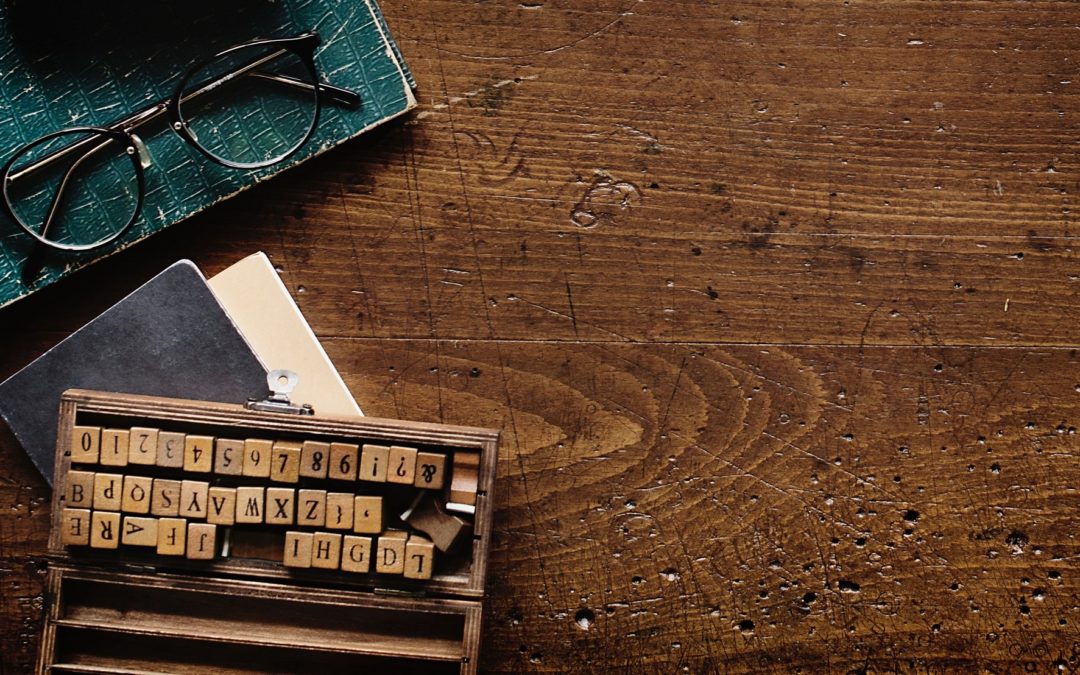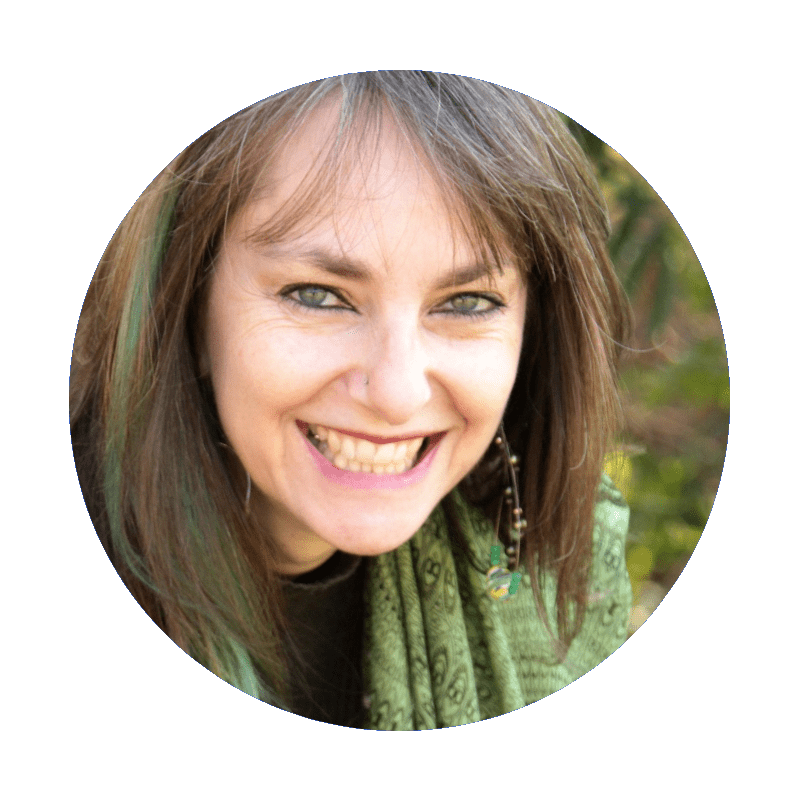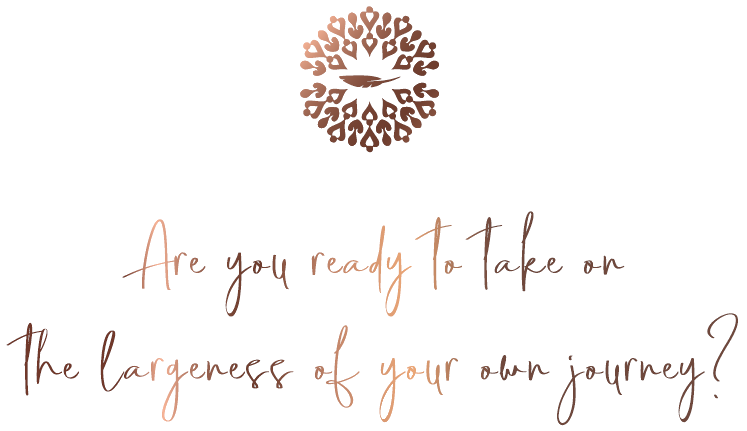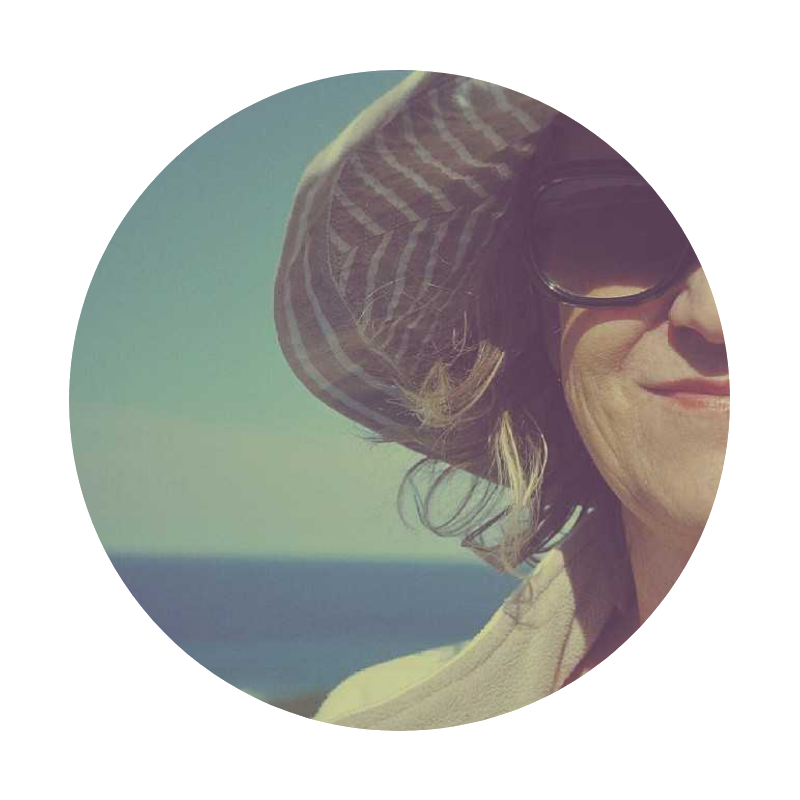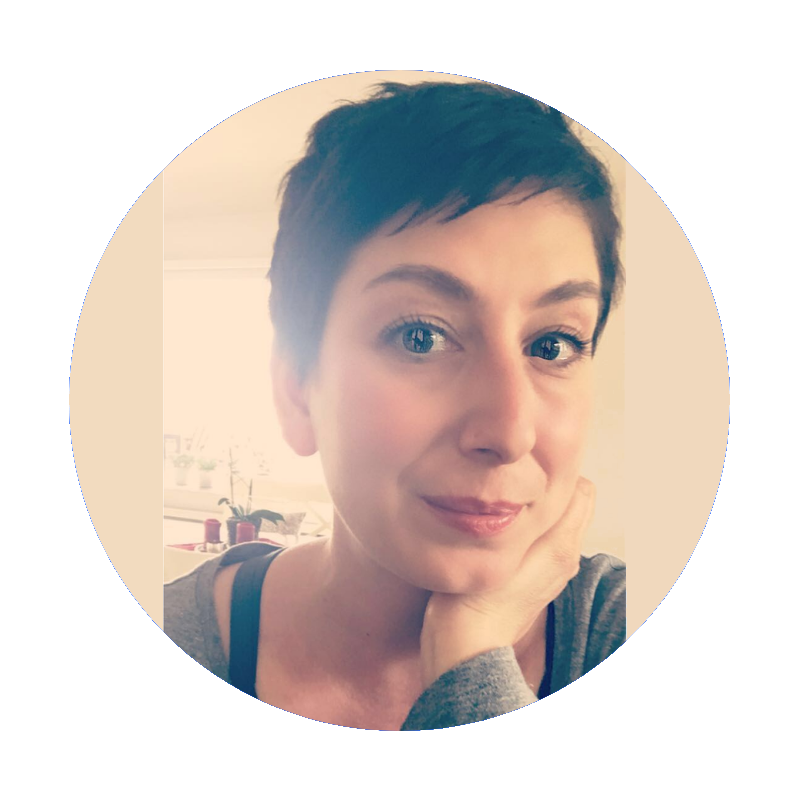
Why I Struggle to Share My Writing on Social Media
Why I Struggle to Share My Writing on Social Media
“You should share all your work on social,” an editor told me firmly, some years ago. And from then on, I did. Every time one of my articles was published, I dutifully posted a link to Facebook. And each time I felt miserable, as I anxiously awaited the dopamine-inducing ping of a ‘like’ or ‘share’.
It wasn’t just that one editor’s comment. My writing mentor also insisted that my social media profile was essential to getting my work out into the world. I needed to build my Personal Brand, as if I was the next Dyson, or Ben & Jerry’s. But to me, constructing my own brand felt like corporate-speak for what was really Shameless Self-Promotion.
My writing mentor admonished me when I told her how conflicted I felt. When you share your writing, you give people the chance to be touched and feel something, she emailed. Sharing your work is a gift to others, not about ego or self-promotion.
But still, I struggled.
You see in real life, I’m an introvert. I’ve always preferred having a few close friends to being part of a large group. And I don’t like being the centre of attention. But posting links to my stories on Facebook and LinkedIn catapults me right into the limelight. This leaves me feeling exposed and vulnerable, like I’ve turned up naked to a fancy dress party.
Despite my aversion to sharing my work on social, I couldn’t help myself. After posting a link to one of my articles, I’d compulsively check my Facebook page, as if a ‘like’ or ‘share’ made me happier, or a better person (it didn’t). But while I was thrilled by the positive feedback, I was deeply troubled by the ‘friends’ who stayed silent. Why hadn’t cousin Sophia ‘liked’ my article, especially when she’d ‘liked’ cousin Katie’s holiday snaps, posted just minutes earlier?
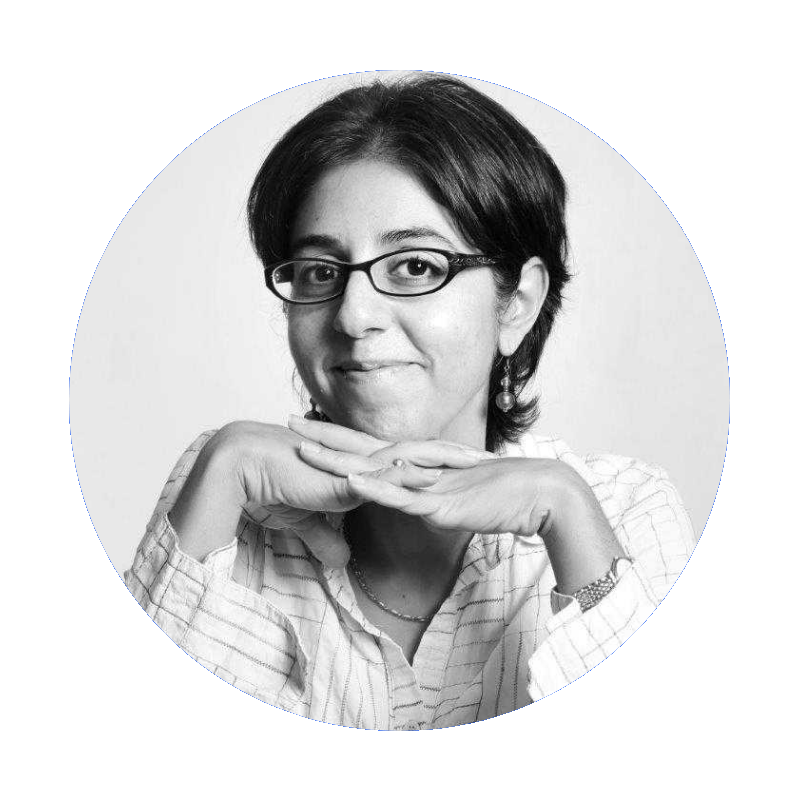
.
About Elana
Elana Benjamin is a writer, qualified lawyer and mother of two. Her work has been published in Good Weekend, The Sydney Morning Herald, Sunday Life, Essential Kids, Debrief Daily (now Mamamia), SBS Life and the Jewish Book Council blog. She’s also the author of the memoir/history My Mother’s Spice Cupboard: A Journey from Baghdad to Bombay to Bondi (Hybrid Publishers, 2012).
My Facebook feed, I realised, was tapping into my deepest insecurities. My fears of failure. Of rejection. Of embarrassing myself. And, perhaps most importantly, my need to be liked. I tried repeating author Steven Pressfield’s mantra: “You are not the work.” Logically, I knew this was true. But I had difficulty separating myself from my words.
My ambivalent feelings towards social media continued for years until a few months ago, when I decided to conduct a little experiment. I’d had an article published online but decided not to share it on social. My words were in the public domain, but some of the most important people in my life didn’t know. This felt lonely, like spending a birthday without family or friends. And I realised that by trying to shield myself from vulnerability, I was missing out on one of the most joyous parts of writing: interacting with readers.
After that, I called a ceasefire in my battle with online platforms. I still find that sharing my writing on social media dissipates my energy, but I’ve learned to tolerate the discomfort. When I post one of my published pieces to Facebook or LinkedIn, I accept that I’ll probably feel destabilised for a day or so, like I’m on a roller-coaster ride. I force myself away from my screen, and go for a walk or a swim. Or I bake scones to eat with my kids when they get home from school. Anything to help me feel more grounded.
These days, I know that even if people read one of my articles, they’ll soon move on to the next story. And then it will just be me and my laptop again. So I try to enjoy the fleeting moments when I connect with readers, knowing that all I can control is what I write, not how other people react. I focus on the feedback that I do get, instead of zeroing in on those virtual bystanders who don’t respond to my posts. And over time, I’ve learned to disentangle my self-esteem from the success (or lack thereof) of my writing.
Yes, social media can feel like a very public popularity contest. But Facebook and other platforms are gold when it comes to spreading our stories. The trick, I’ve learned, is to use social media as a tool to serve our individual needs as writers. We must look confidently at our Facebook and LinkedIn feeds and be clear – just as my son told me defiantly when he was four – that “You are not the boss of me.” And know that regardless of what happens in cyberspace, our worth as humans in the real world remains intact.
Come and Join the Midlife Memoir Breakthrough
A Five-Day Live Event in Sydney with Joanne Fedler

In this hands-on, intimate workshop (an eclectic mix of teaching, instruction, writing exercises, meditations, ritual, sharing and other joyful activities), I will teach you how to take the material of your life – the moments that counted, no matter how shattering or modest – and weave them into a memoir that makes sense of it all.

